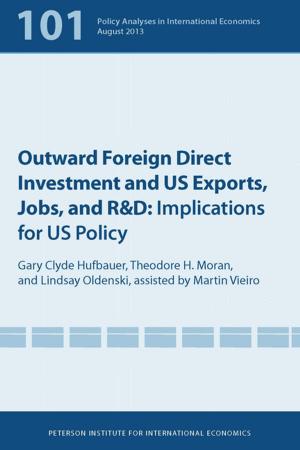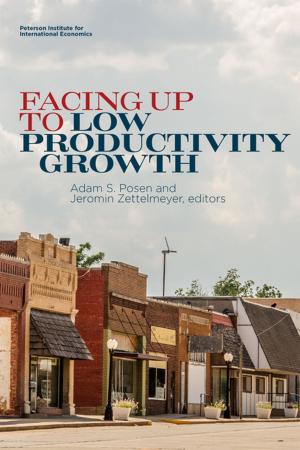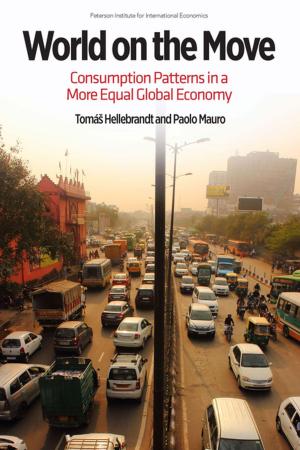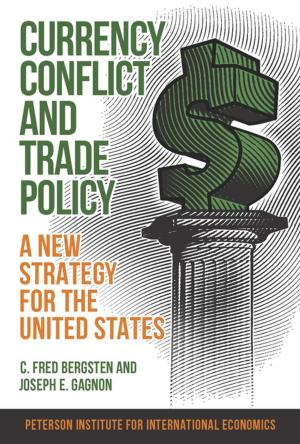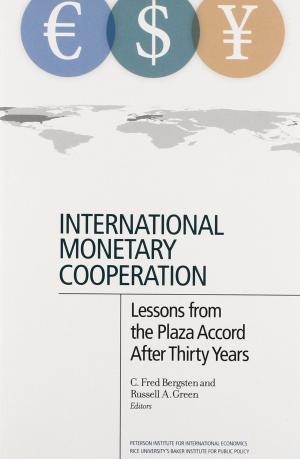The Right Balance for Banks
Theory and Evidence on Optimal Capital Requirements
Business & Finance, Economics, Money & Monetary Policy, Finance & Investing, Banks & Banking, Nonfiction, Social & Cultural Studies, Political Science, Politics, Economic Policy| Author: | William Cline | ISBN: | 9780881327229 |
| Publisher: | Peterson Institute for International Economics | Publication: | May 23, 2017 |
| Imprint: | Peterson Institute for International Economics | Language: | English |
| Author: | William Cline |
| ISBN: | 9780881327229 |
| Publisher: | Peterson Institute for International Economics |
| Publication: | May 23, 2017 |
| Imprint: | Peterson Institute for International Economics |
| Language: | English |
The global financial crisis produced an important agreement among regulators in 2010–11 to raise capital requirements for banks to protect them from insolvency in the event of another emergency. In this book, William R. Cline, a leading expert on the global financial system, employs sophisticated economic models to analyze whether these reforms, embodied in the Third Basel Accord, have gone far enough. He calculates how much higher bank capital reduces the risk of banking crises, providing a benefit to the economy. On the cost side, he estimates how much higher capital requirements raise the lending rate facing firms, reducing investment in plant and equipment and thus reducing output in the economy. Applying a plausible range of parameters, Cline arrives at estimates for the optimal level of equity capital relative to total bank assets. This study also challenges the recent "too much finance" literature, which holds that in advanced countries banking sectors are already too large and are curbing growth.
The global financial crisis produced an important agreement among regulators in 2010–11 to raise capital requirements for banks to protect them from insolvency in the event of another emergency. In this book, William R. Cline, a leading expert on the global financial system, employs sophisticated economic models to analyze whether these reforms, embodied in the Third Basel Accord, have gone far enough. He calculates how much higher bank capital reduces the risk of banking crises, providing a benefit to the economy. On the cost side, he estimates how much higher capital requirements raise the lending rate facing firms, reducing investment in plant and equipment and thus reducing output in the economy. Applying a plausible range of parameters, Cline arrives at estimates for the optimal level of equity capital relative to total bank assets. This study also challenges the recent "too much finance" literature, which holds that in advanced countries banking sectors are already too large and are curbing growth.







